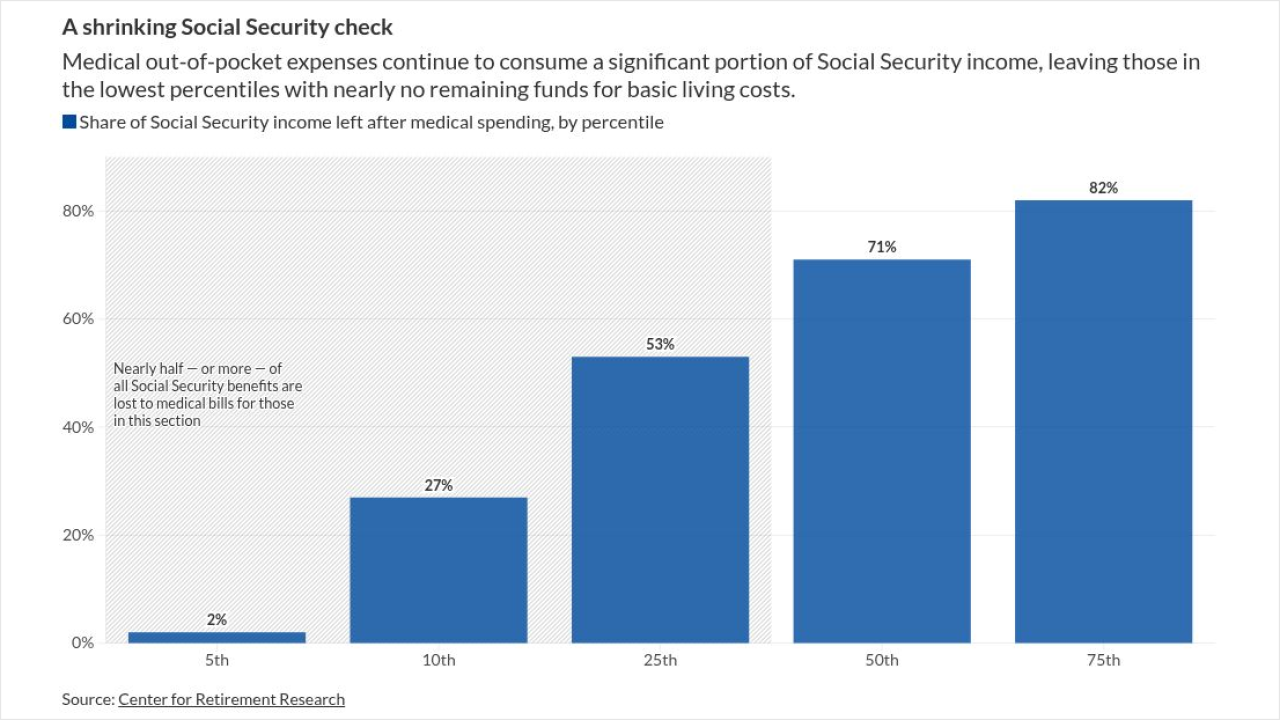Automated investment advice has a bright and profitable future, but digital-first firms that manage to survive the decade will have only a small share of it, according to industry research firm Tiburon Strategic Advisors.
The overall online advice market will top $650 billion by 2019, but the assets will largely be split between the digital offerings of traditional discount brokerages and firms focused on defined-contribution plans, Tiburon Strategic Advisors analysts predict.
One reason is an expected great extinction among independent, venture-capital-backed digital-advice providers, a group that has already peaked in terms of players that the market can bear, says Chip Roame, managing partner at Tiburon Strategic Advisors.
“There are 22 [independent] robo-advisors this year, and we expect that to be 10 firms by 2019, partly because of consolidation and partly because they will simply run out of venture capital before they can turn the profitability line,” he says.
Independent firms such as Betterment LLC, Personal Capital and Wealthfront Inc. control just over $8 billion in assets, and that figure will grow to $80 billion by the end of the decade, Roame says.
But that figure will be dwarfed by the $281 billion that he predicts will be controlled by the digital offerings from discount brokerages and mutual fund providers such as Schwab, TD Ameritrade and Vanguard.
In the retail online advice market, “DC firms and discount brokerages are going to win,” Roame says.
Dominate Market
Digital platforms serving the DC arena, such as Financial Engines Inc., which has about $114.5 billion in assets under management and recently acquired The Mutual Fund Store LLC, are well-established and are financially doing well, and that success will continue, Roame says.
The big institutional firms with digital offerings, which are Schwab, TD Ameritrade and Vanguard, will dominate the B2C market, Roame says noting that eTrade, Fidelity Investments, Scottrade and T. Rowe Price may jump in with offerings in the near future.
“They will own 80% to 90% of the market five to 10 years out,” he says.
But the story for independent robo firms will be different, Roame says.
The top three independents, Betterment, Wealthfront and Personal Capital, have also raised the most, each grabbing more than $100 million in private funding.
They will need to keep spending generously on technology and brand awareness efforts to stay competitive, Roame says.
For other firms not as well-financed, demands of VC backers will quickly catch up.
“A lot of the other robos will sell out,” Roame says. “Some are already running out of capital now and may be for sale quickly.”
From the group of independent robo firms in the market, “three or five will survive,” Roame says.
But he says that given the prices that traditional firms have paid to add digital platforms to their offerings -- Northwestern Mutual Life Insurance Co. paid a reported $250 million to acquire LearnVest Inc., for instance – “even if they do not make it as a standalone, selling out is not the end of the world.”
Table Stakes
Roame had some advice for human advisors who might digest the study's predictions too enthusiastically.
Tiburon's research predicts that the number of clients who use robos will grow threefold by 2019, encompassing 3 million consumer households.
Roame says that the percentage of financial advisors who think that robos will have no impact on their profession (more than 30%, according to a survey by the firm) are being “naïve.”
The popularity of robos will definitely affect the pricing of advice, he says.
“Some financial advisors have their heads in the sand,” Roame says. “Any successful, institutionally minded financial firm will have a robo offering … Technology-driven advice will be table stakes.”
This story is part of a 30-day series on leading tech trends for advisors. It was originally published on Nov. 18, 2015.





